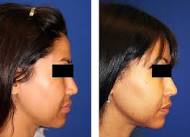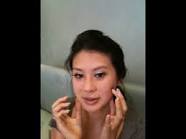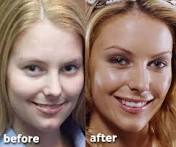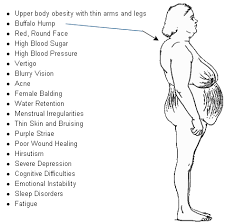Buccal fat extraction Surgery
Buccal fat pad extraction (or removal) is a procedure for reducing prominent cheeks. It is sometimes described as "cheek reduction," and it involves the removal of a substantial portion of the buccal fat pad.
The remaining buccal fat is replaced in its cavity, and incisions are sutured shut
Injury to the buccal branch of the facial nerve may be all but inevitable during buccal fat pad extraction for some people, even when performed carefully. The buccal branch nerves that may be affected supply many functions in the face, and damaging them may result in partial paralysis of the face, numbness, loss of taste, and other effects that may be permanent.
Damage to the parotid duct is also likely for people whose parotid ducts run deep to the buccal fat pad, which can lead to hematoma and may affect salivation.









Procedure
The procedure is often performed under conscious sedation or general anesthesia. The typical approach for removing the buccal fat pad is through an incision inside the mouth. The incision is placed toward the back, near the second upper molar. An incision is also made through the buccinator muscle. Then pressure is applied to the exterior of the cheek, causing the buccal fat pad to intrude into the mouth, sufficient for the surgeon to grip it with forceps. The fat pad is pulled out more, allowing the removal of a significant portion of the pad.The remaining buccal fat is replaced in its cavity, and incisions are sutured shut
Risks and complications
Buccal fat pad extraction has many typical risks for oral and cosmetic surgery, including infection and a poor cosmetic result. A poor cosmetic result may result not in the short term, but over time as the buccal fat pad shrinks naturally. Most people with protruding cheeks will gain a normal appearance without intervention, whereas after removal of part of the buccal fat pad, they may often acquire a haggard appearance requiring further intervention with facial filler injections.Injury to the buccal branch of the facial nerve may be all but inevitable during buccal fat pad extraction for some people, even when performed carefully. The buccal branch nerves that may be affected supply many functions in the face, and damaging them may result in partial paralysis of the face, numbness, loss of taste, and other effects that may be permanent.
Damage to the parotid duct is also likely for people whose parotid ducts run deep to the buccal fat pad, which can lead to hematoma and may affect salivation.







0 comments:
Post a Comment